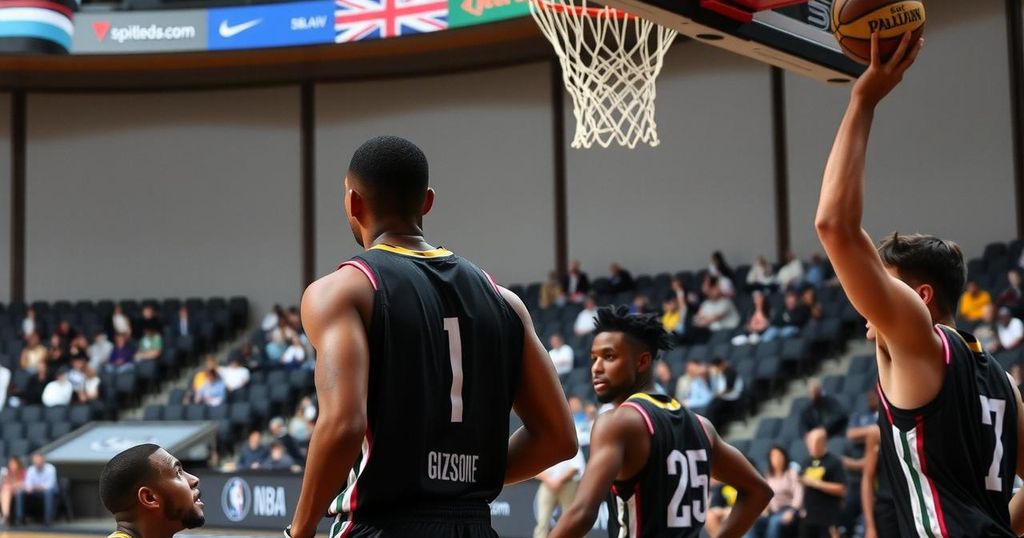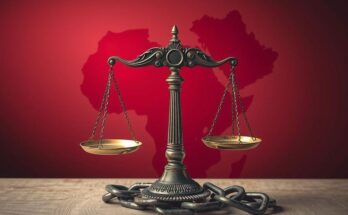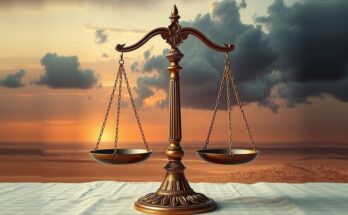The NBA faces significant criticism for its partnerships with the UAE, accused of aiding in ‘sportswashing’—distracting from serious human rights violations, including abuses in Sudan and local repression. Human Rights Watch urges the league to acknowledge these issues instead of perpetuating an image of the UAE as a progressive nation through high-profile sporting events.
The National Basketball Association (NBA) faces criticism from Human Rights Watch (HRW) for its connections to the United Arab Emirates (UAE), which the group argues could lead to “sportswashing” of the UAE’s human rights abuses. The league has been hosting pre-season games in Abu Dhabi since 2022, and recently started an NBA Cup sponsored by Emirates airline. HRW warns these events are aimed at diverting attention from the UAE’s severe violations, including alleged support for paramilitary forces in war-torn Sudan.
HRW pointed out that the UAE’s government is not just implicated in foreign conflicts but also maintains a repressive domestic atmosphere, including a crackdown on dissent and poor treatment of migrant workers. Recent events, such as a mass trial resulting in life sentences for 43 individuals accused of terrorism, exemplify the state’s harsh policies. The rights group emphasized that the NBA risks sanitizing the UAE’s grave human rights record by not addressing ongoing abuses.
The UAE, rich with oil resources, has invested heavily across various sports, hosting events to craft an image of openness while simultaneously engaging in practices that contradict such portrayals. The specter of “sportswashing” looms large, similar to accusations faced by other nations like Saudi Arabia and China, where elite sporting events seemingly serve as a facade for serious human rights violations. HRW cautions the NBA that participating in such undertakings only strengthens the UAE’s narrative while failing to challenge its persistent abuses.
Sportswashing has emerged as a tactic employed by nations seeking to rehabilitate their global image by associating with high-profile sports events, thus distracting from their human rights abuses. The UAE has strategically positioned itself in the world of sports, utilizing events like Formula One, golf tournaments, and partnerships with prestigious teams to project an aura of modernity and openness. Amidst these efforts, however, lies a shadow of severe allegations regarding human rights violations and repressive domestic policies, casting a pall over their sporting endeavors. Human Rights Watch highlights the stark contrast between the glittering façade of international sporting events and the grim reality of systemic abuse within the UAE. These contradictions raise significant questions for participating organizations, such as the NBA, about the ethical implications of their involvement while remaining silent about the abuses. With HRW’s claims gaining traction, the spotlight is increasingly turning toward how sports entities navigate this complex terrain of morality and public relations.
The unfolding narrative surrounding the NBA’s ties with the UAE underscores the delicate balance between global sports and ethical responsibility. With Human Rights Watch’s clarion call, the league stands at a crossroads, urged to reassess its role and impact. As accusations of sportswashing surface, it becomes crucial for the NBA to confront these pressing human rights issues rather than allow their involvement to inadvertently promote a misleading portrayal of the UAE. Ignoring the call for accountability could render the league complicit in overshadowing the serious concerns highlighted by rights groups.
Original Source: www.barrons.com



